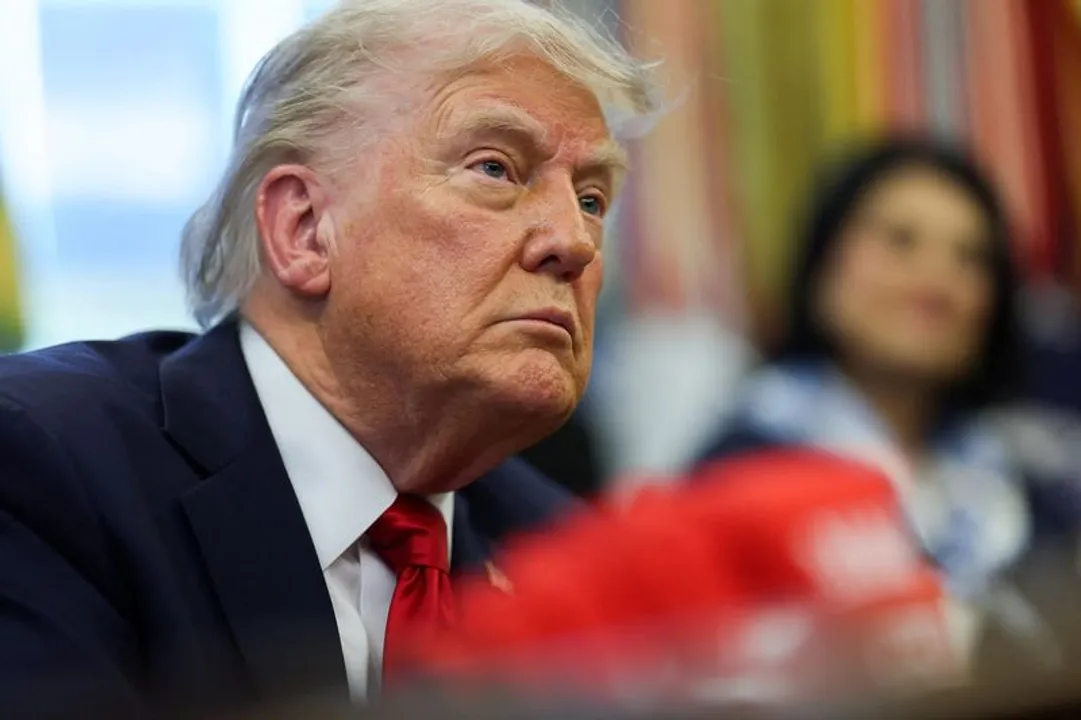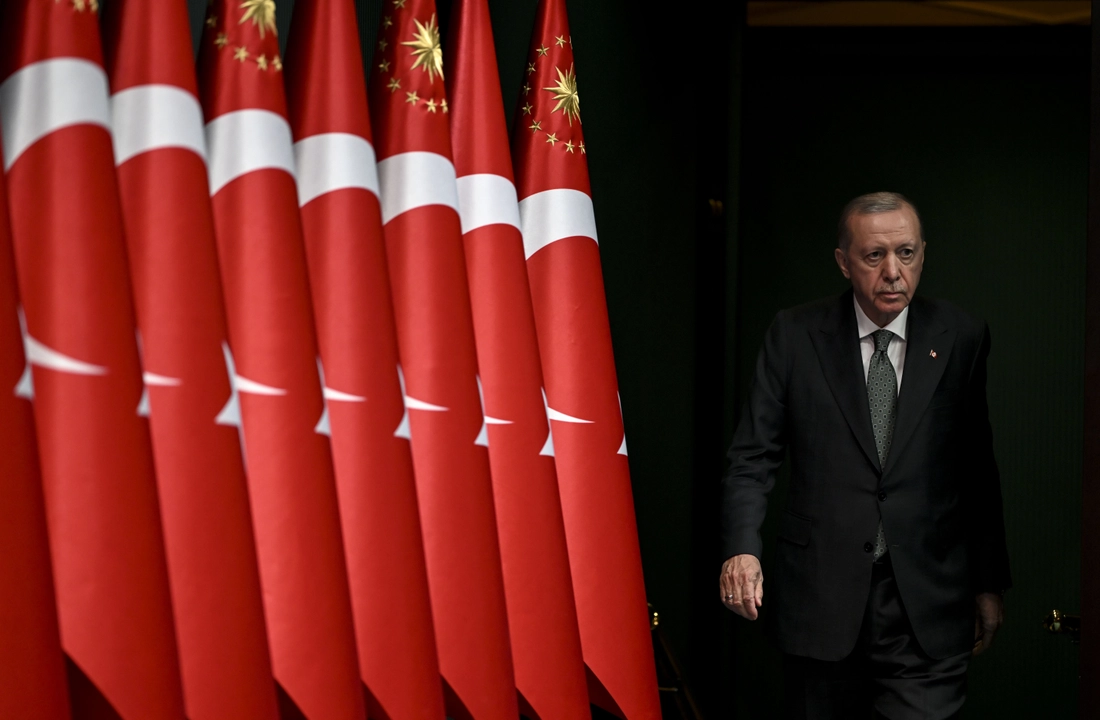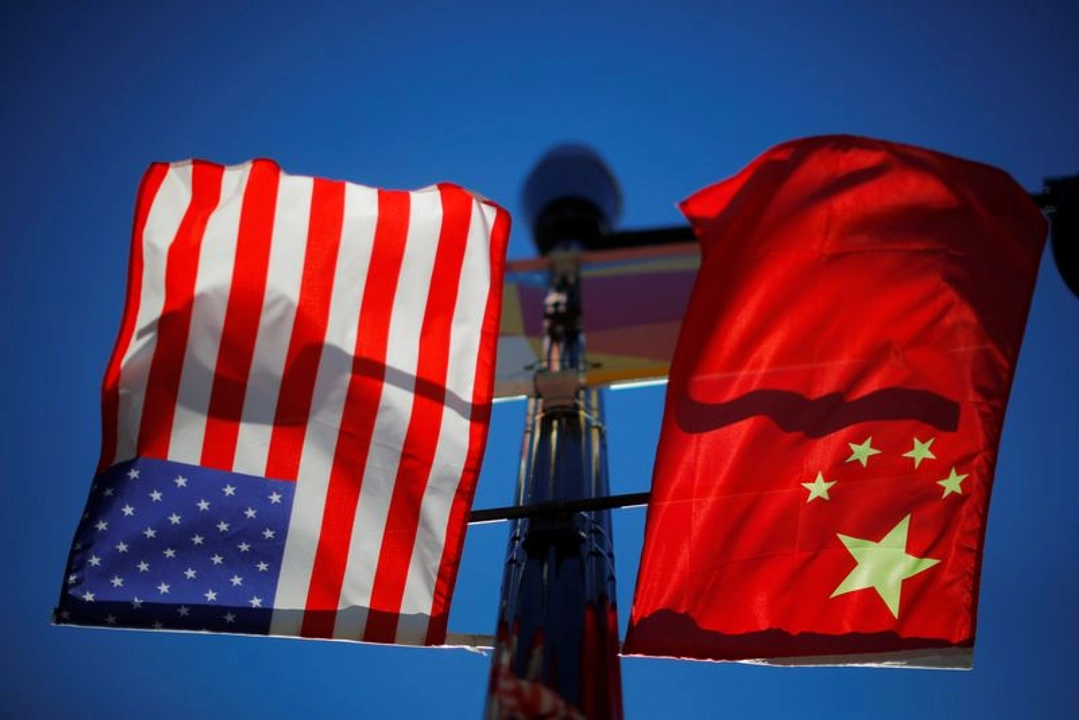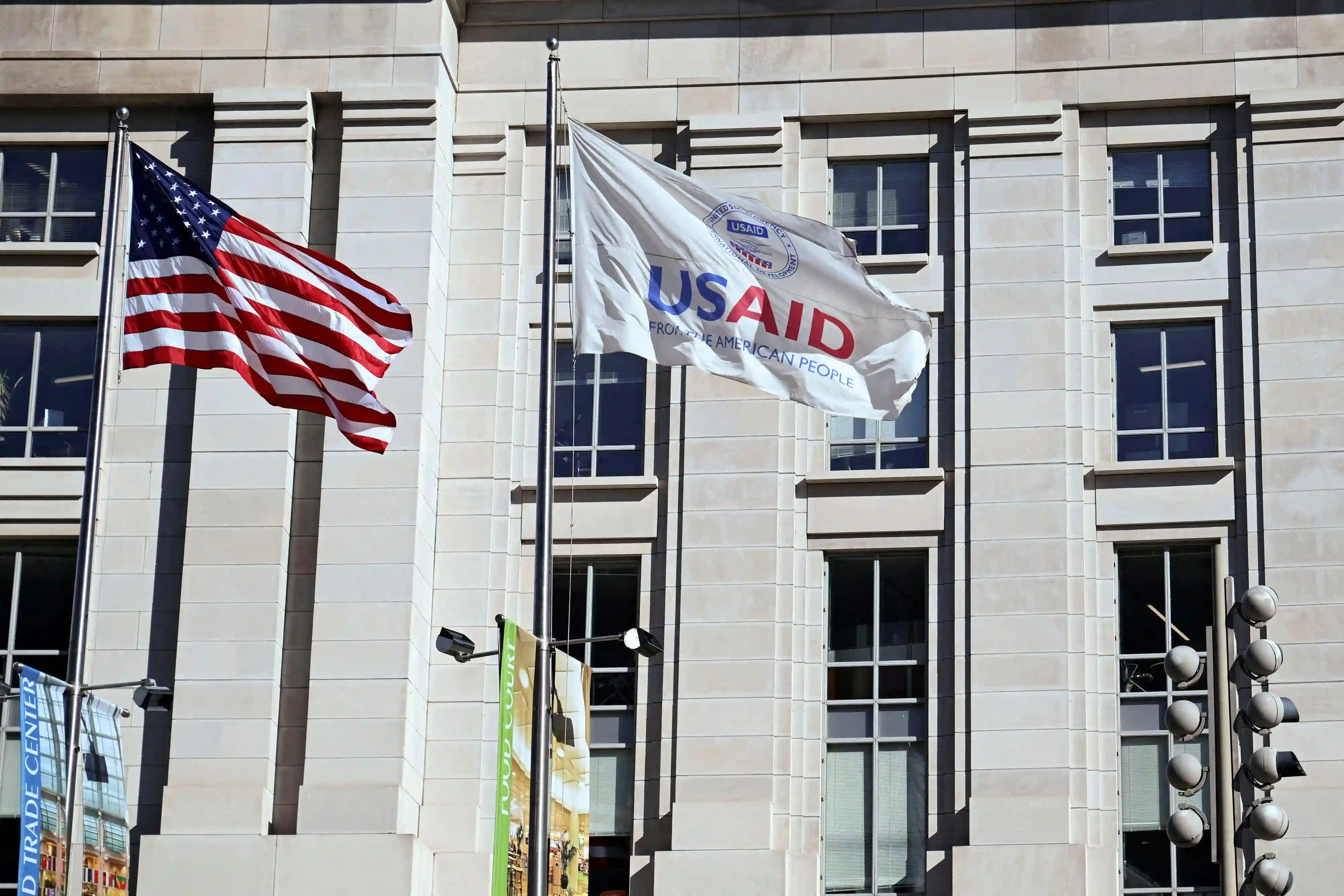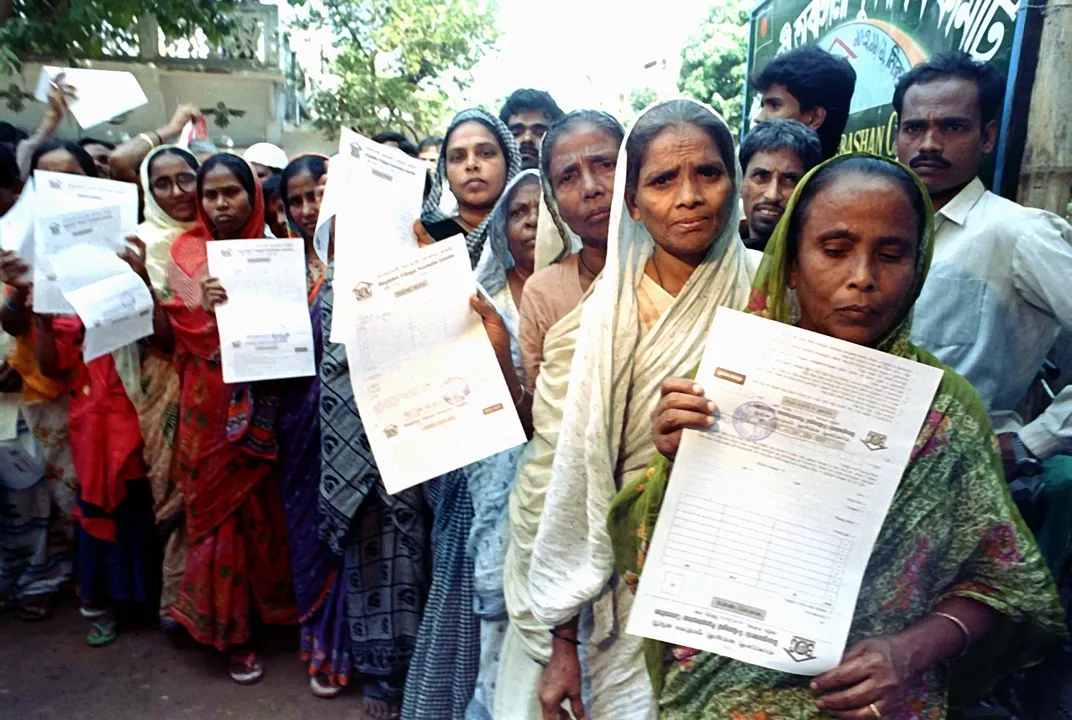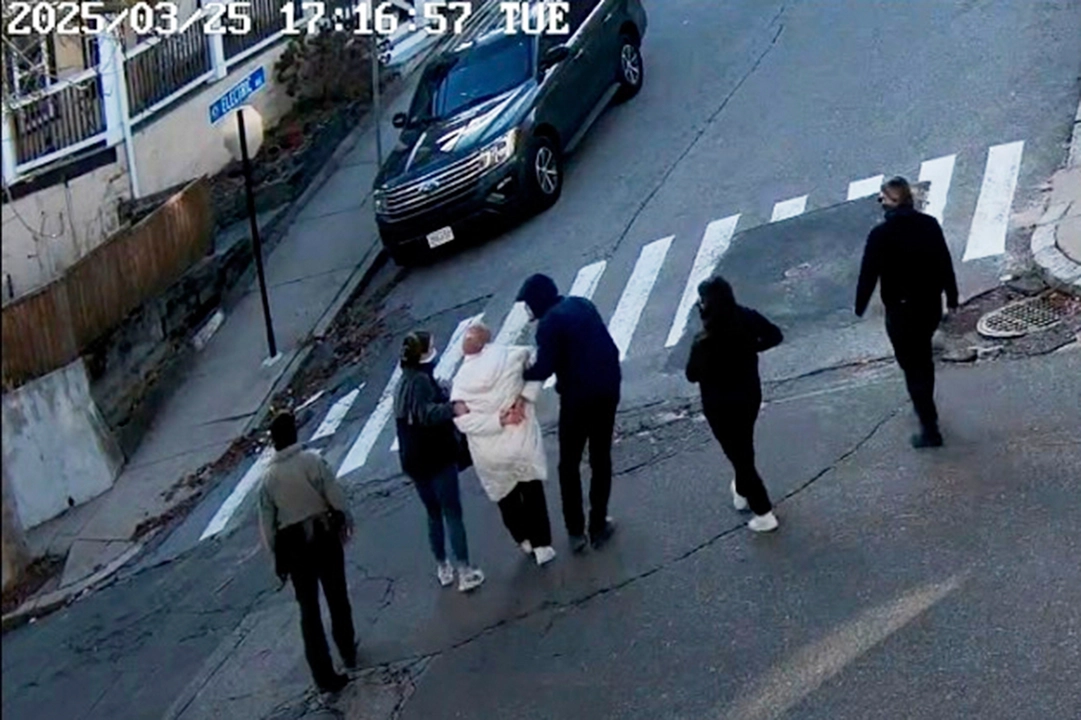A US judge partially blocked an executive order by President Donald Trump aimed at sweeping election reforms, the latest legal setback in enacting his agenda.
Judge Colleen Kollar-Kotelly specifically prevented the Trump administration on Thursday from requiring voters to provide proof of US citizenship when registering to vote at the state level.
The executive order, signed at the end of March, set its sights on restricting mail-in voting, which Trump has criticised for years.
The order faced legal challenges as soon as it was signed, with the Democratic Party launching court proceedings against it.
Kollar-Kotelly justified enacting a preliminary injunction against Trump's order by arguing that on further review of "the merits, the plaintiffs are substantially likely to prevail."
"Our Constitution entrusts Congress and the States — not the President — with the authority to regulate federal elections," she wrote in her 120-page decision.
Kollar-Kotelly declined to block another significant part of the executive order, which required states to impose a deadline for mail-in ballots coinciding with the close of polls on Election Day.
Contentious Trump
The ruling came in response to lawsuits by groups including the Democratic National Committee, the League of United Latin American Citizens and the League of Women's Education Fund.
Though US citizenship is required to vote in federal elections, not all states require voters to bring documents attesting to their citizenship status, opting instead for other verification methods.
States that failed to comply with the executive order were threatened with having their federal election funding cut off.
Trump has never conceded defeat in the 2020 presidential election against former president Joe Biden, and has repeatedly claimed widespread voter fraud.
Since his return to the White House on January 20, the 78-year-old Republican has issued dozens of executive orders, many of which have faced legal challenges.
As recently as Thursday, a judge blocked the Trump administration from withholding federal funds from so-called "sanctuary cities" that offer protective measures for migrants.
